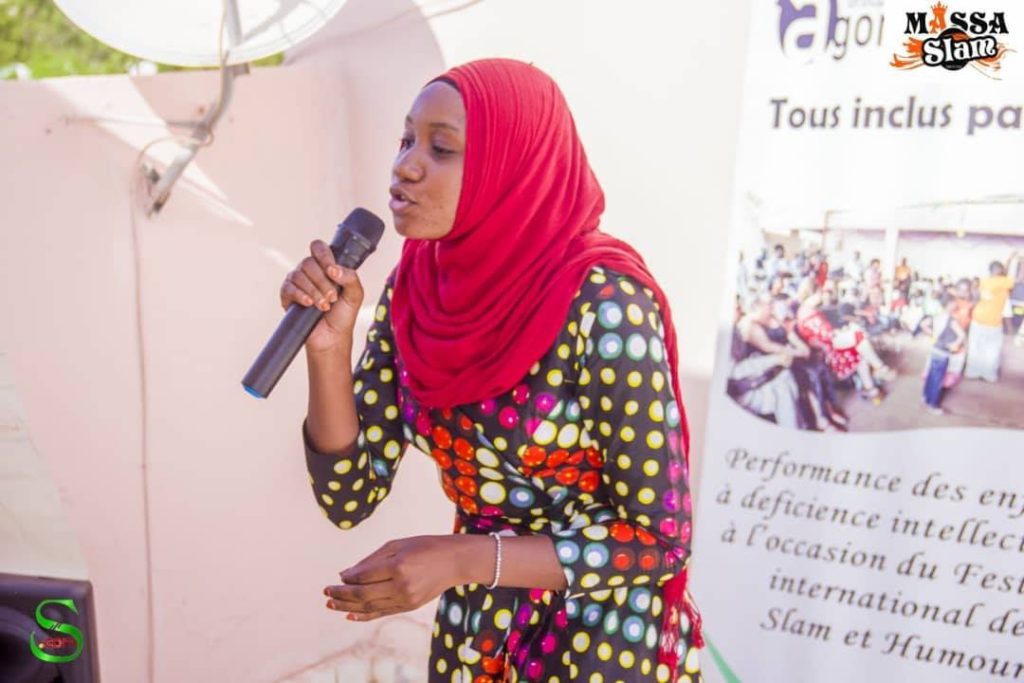I had started « The Fortunes of Wangrin » (L’étrange destin de Wangrin) » by Malian author Amadou Hampaté Bâ in the flight bringing me to Bamako. Every night I continued reading a chapter on the long chair next to the hotel’s pool after swimming a few laps to relax after my working day. I was starting to fall under the spell, not only of Hampaté Bâ’s style, a captivating mix of tradition and irony, but also of Wangrin’s character. He is an interpreter in the colonial administration, a wily figure ensnaring the French officials, getting rich but letting the Malian people partake in his generosity. He looked like an African Robin Hood.
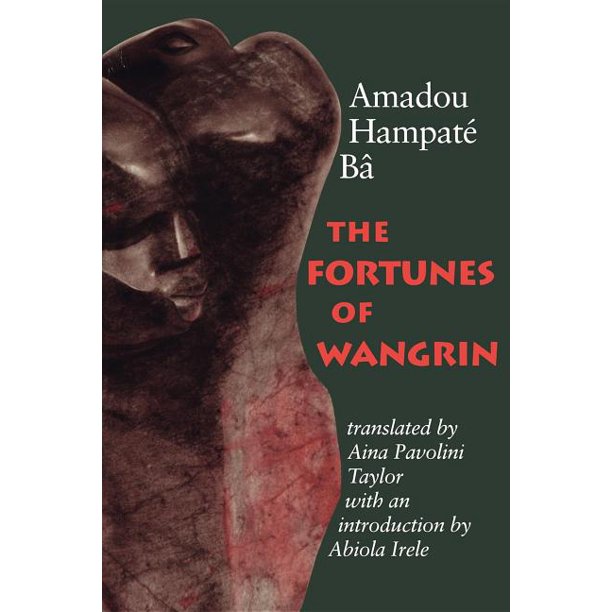
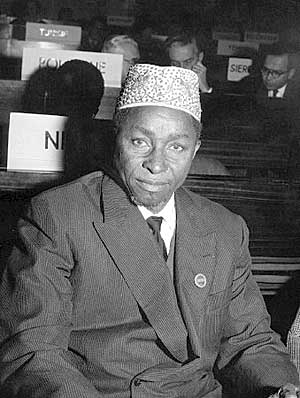
One evening, I took a cab to attend a slam-poetry show at Bamako’s French Institute. In a café in Ouagadougou, I had already learned to enjoy this type of poetry, with more rhythm, impact and commitment than the poems we had learned in high school. I was thus curious to learn about the Malian talents. I was particularly attracted by the texts of the young Hadizatou Dao. I remember a slam lashing at corruption which gangrenes Malian society, from the high ranks of government to the daily lives of school students.
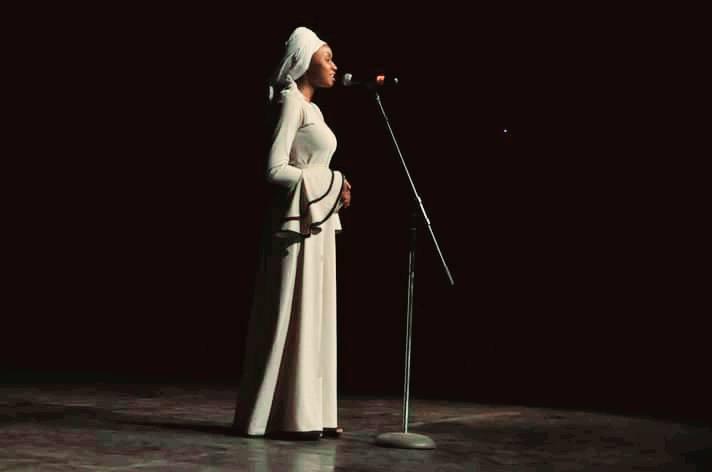
After all, didn’t Wangrin’s cunning – which had allowed him to prosper under the colony and to rail the French haughtiness – become a leaden blanket paralyzing Mali and blocking the horizons of its youth? I am not going to attempt a long dissertation on the colonization’s influence on corruption in Africa, but I found the contrast between the two texts fascinating.
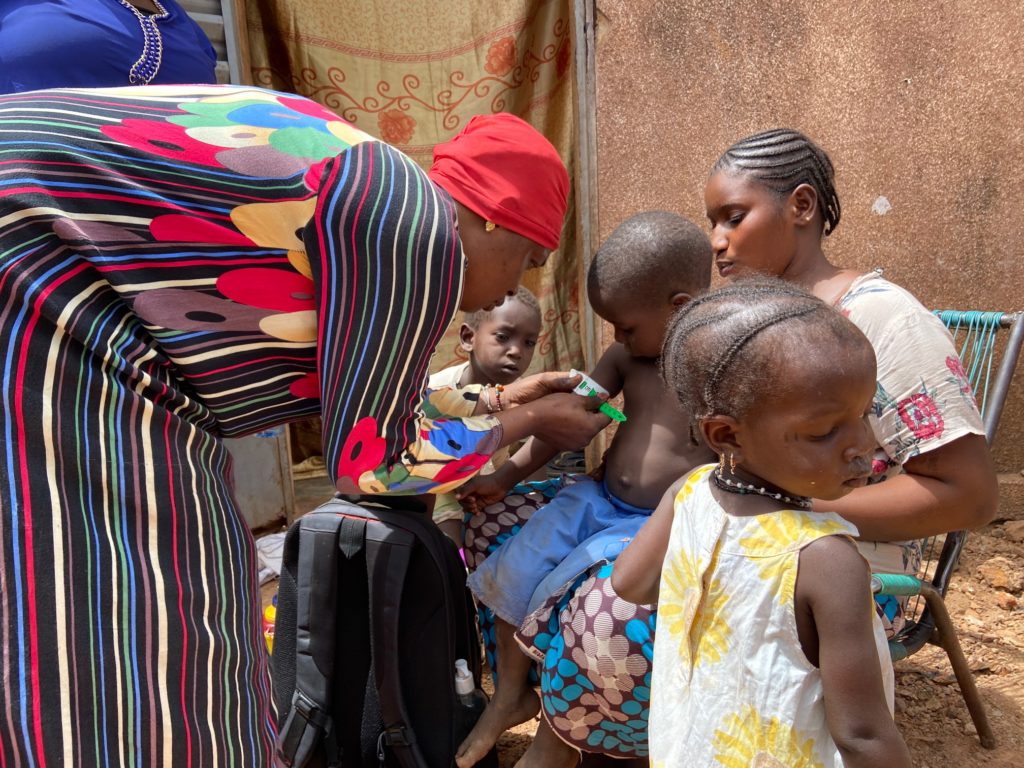
After the slam show, I finished reading Hampaté Bâ’s book with as much pleasure, but maybe stepping back a bit, for example when Wangrin left the administration after having made too many enemies, launched himself as a businessman, went big before declining, taken over by alcohol and pleasures. He would die poor, but at his funeral, even his strongest adversaries would come to pay homage to his glorious journey.
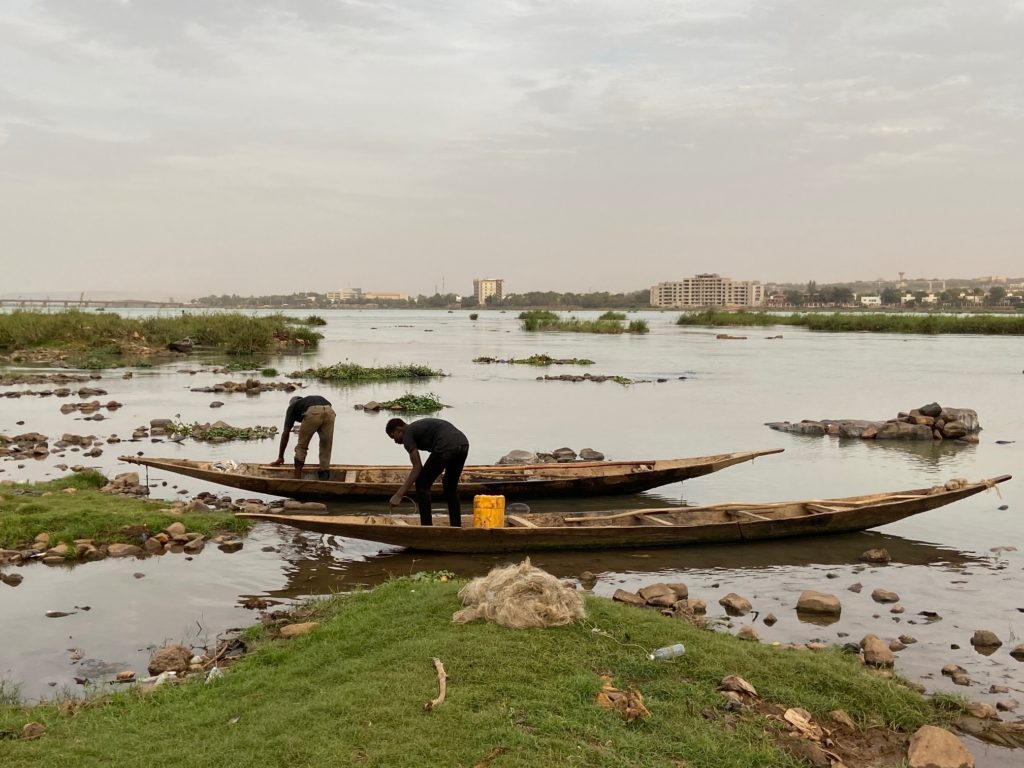
To prepare this post, I googled Hadizatou Dao to try to find the video or the text of her slam about corruption. I couldn’t find it, but I discovered with pleasure that she represented Mali at the Grand Poetry Slam International in May 2020 and obtained a very nice 5th place. Because of COVID the competition took place virtually. I invite you to listen (in French but with English subtitles) to two of her performances that I liked a lot: « 21st century (21ème siècle) » et « A Life of Net (Une vie de net) ».
